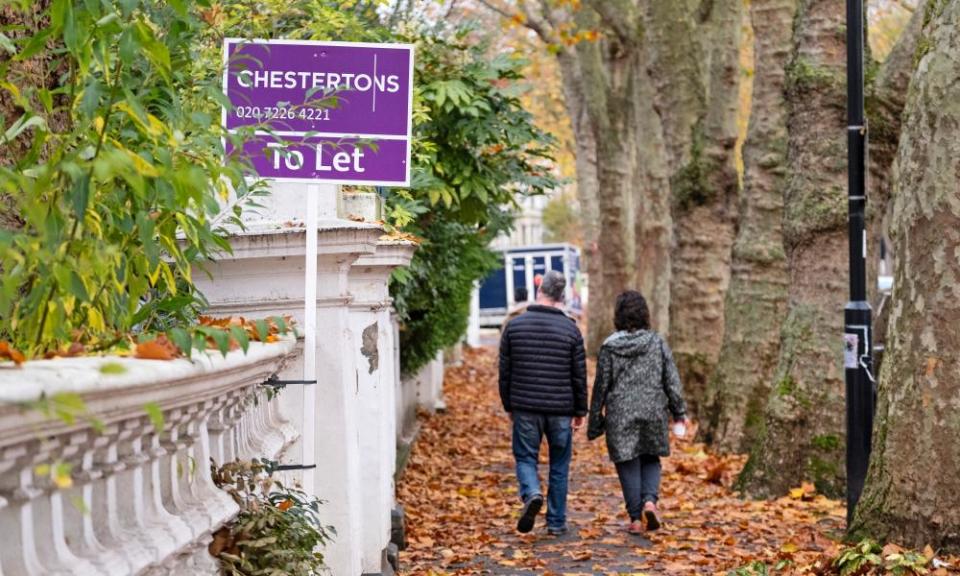Eager lenders set to shore up housing market with new loan deals

Recent headlines declaring a boom in the housing market look set to continue on Monday, when Halifax unveils its latest monthly price report. Its numbers have tended to run ahead of rival Nationwide’s, and may even show annual price growth nearing double figures. In October, it said prices were up 7.5% on a year earlier.
Even if the growth rate has not increased, we are a long way from anyone’s expectations for 2020. This time last year, Halifax forecast price rises of between 1% and 3%, and other lenders and estate agents were roughly in agreement. And when the housing market was locked down in the spring, it would have been a brave commentator who suggested prices would end the year up.
But the unfreezing of the housing market in May triggered a rush to buy. “We saw people wanting to get on with life, people wanting more space, a garden or a home office,” said Neal Hudson, a housing market analyst at consultancy BuiltPlace. “We’re starting to see that summer boom and all the deals done during that period coming through in the data. We’re going to see the transactions data really spike up over the next few months, and house price inflation is likely to stay high.
“These are people who have been unaffected by the pandemic. Their finances are good – maybe even better – and they have a large deposit or equity so are in a good position despite the mortgage market conditions. The cherry on top has been the stamp duty holiday.”
The rush to beat the expiry of that tax break, due at the end of March, has crystallised many people’s plans and brought transactions forward. HMRC reported that 105,000 homes changed hands in September, and Hudson said he expected data for the coming couple of months to show between 120,000 and 130,000 deals completed.
If banks support struggling borrowers, they should be able to avoid the forced sales that previously led to collapses
But we are already at the point where, for people taking out a mortgage and joining a chain of buyers and sellers, the clock is running down on the stamp duty holiday. There have been calls to extend it, but according to Hudson, that would merely delay the crash in transactions that will come once it ends.
How that translates to prices is unclear. The OBR has suggested that there could be a 8% drop next year as the tax break ends and household finances worsen. And Hudson pointed out that spring 2021 will bring more downward pressures on prices. The Help to Buy scheme will from April be available only to first-time buyers; a new surcharge for overseas buyers is slated for the same month; and the furlough scheme is set to end. Before that, there is also the small matter of the end of the Brexit transition period.
However, in recent days banks and building societies have started offering 90% home loans and loosening restrictions – from 8 December, Nationwide will offer 90% deals to movers as well as first-time buyers, and lift its ban on fully gifted deposits. This suggests that lenders do not fear a crash. And if they continue to support struggling borrowers, as they did after the last recession, they should be able to avoid the forced sales that have previously led to collapses.
The next few weeks will see more organisations come out with their predictions for 2021. Expect lots of caveats, and do not bet your house on them coming right.

